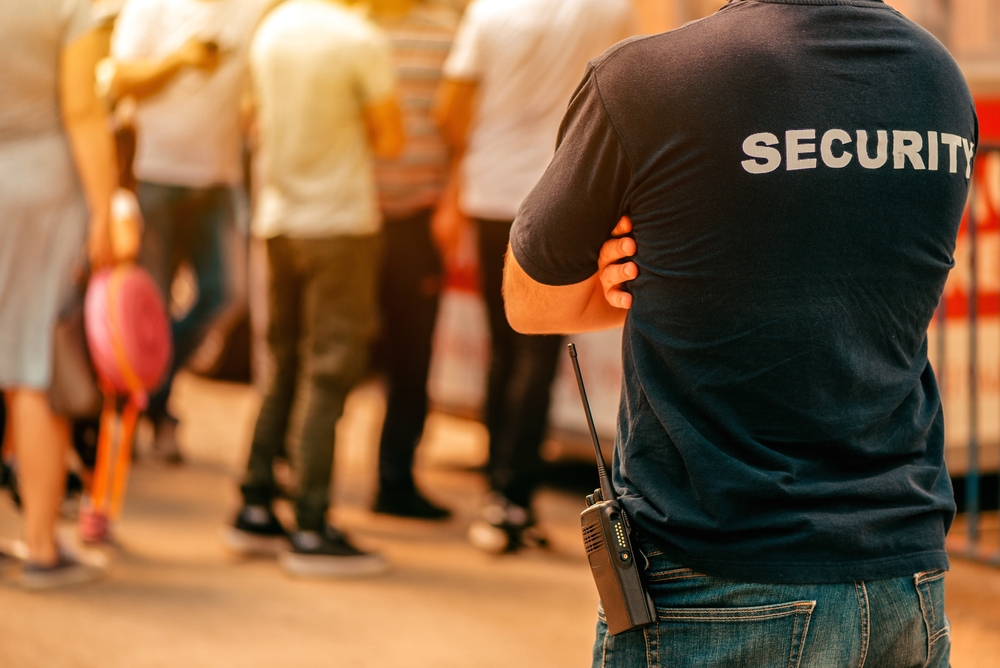
Event security planning is a crucial aspect of organizing any gathering, whether it’s a small community event or a large-scale festival. In Lake Havasu, where events draw crowds from near and far to enjoy the city’s beautiful surroundings and vibrant atmosphere, ensuring the safety and security of attendees is paramount. From concerts and parades to fairs and sporting events, effective security planning helps mitigate risks, prevent incidents, and create a safe and enjoyable experience for everyone involved. In this guide, we’ll outline the steps to ensure a safe gathering in Lake Havasu through comprehensive event security planning.
Assessing Risks and Threats: Understanding the Landscape
The first step in event security planning is to assess potential risks and threats that may impact the safety and security of attendees. This includes identifying potential hazards such as natural disasters, medical emergencies, crowd-related incidents, and criminal activity. Consider factors such as the size and demographics of the crowd, the location and layout of the event venue, and any historical or current security concerns in the area. By understanding the landscape of potential risks, event organizers can develop a comprehensive security plan that addresses specific threats and vulnerabilities.
Developing a Security Plan: Creating a Framework for Safety
Once potential risks and threats have been identified, the next step is to develop a security plan that outlines protocols, procedures, and resources for mitigating these risks and ensuring the safety of attendees. A security plan should include:
- Access Control: Establishing checkpoints, entry and exit points, and perimeter boundaries to control access to the event venue and prevent unauthorized entry.
- Crowd Management: Implementing strategies for managing crowd flow, density, and behavior to minimize congestion, prevent stampedes or crushes, and maintain order and safety.
- Emergency Response: Designating emergency exits, evacuation routes, and assembly points, as well as providing medical and first aid services, communication systems, and emergency response teams.
- Communication: Establishing communication channels and protocols for sharing information and coordinating response efforts among event staff, security personnel, law enforcement, and emergency responders.
- Collaboration: Collaborating with local authorities, emergency services, and community stakeholders to coordinate security measures, share intelligence, and address potential security concerns.
Implementing Security Measures: Putting Plans into Action
With a security plan in place, the next step is to implement security measures and protocols to ensure the safety and security of attendees during the event. This may include:
- Security Personnel: Hiring trained security personnel, including uniformed guards, plainclothes officers, and specialized security teams, to patrol the event venue, monitor crowds, and respond to incidents as needed.
- Technology: Deploying security technologies such as surveillance cameras, metal detectors, access control systems, and communication devices to enhance situational awareness and facilitate rapid response to security threats.
- Training and Drills: Providing comprehensive training and conducting emergency drills for event staff, security personnel, and volunteers to ensure they are prepared to respond effectively to security incidents and emergencies.
- Public Awareness: Educating attendees about security procedures, emergency protocols, and safety measures through signage, announcements, and informational materials to encourage vigilance and cooperation in maintaining a safe and secure environment.
Evaluating and Improving: Continuous Monitoring and Feedback
After the event, it’s important to conduct a thorough evaluation of security measures and protocols to identify strengths, weaknesses, and areas for improvement. Solicit feedback from attendees, staff, security personnel, and other stakeholders to assess the effectiveness of security measures and gather insights for future planning. Use this information to refine security plans, update protocols, and implement lessons learned to enhance event safety and security for future gatherings in Lake Havasu.
Prioritizing Safety Through Comprehensive Security Planning
Event security planning is essential for ensuring the safety and security of attendees at gatherings in Lake Havasu and beyond. By assessing risks and threats, developing a security plan, implementing security measures, and continuously evaluating and improving security protocols, event organizers can create a safe and enjoyable experience for everyone involved. Whether it’s a small community event or a large-scale festival, effective security planning helps mitigate risks, prevent incidents, and prioritize the safety and well-being of attendees, ensuring that events in Lake Havasu are memorable for all the right reasons.
Need a Security Guard Company in Lake Havasu City, AZ?
Mohave Security LHC is your trusted partner for around-the-clock protection through our versatile and reliable security solutions. Whether you need event security in Arizona, professional guard services for your business, or 24/7 security services in Lake Havasu City, we have the expertise and resources to meet all your security needs with professionalism and care. With a focus on excellence, integrity, and customer satisfaction, we are committed to providing top-quality security services that give our clients peace of mind and confidence in their security measures. Contact us today to learn more about what we can do for you!